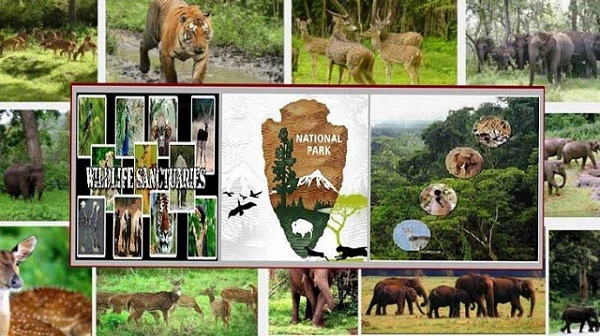
The Thing With Feathers details how Kolbert visited the Institute for Conservation Research analyzed how scientists lay the remains of extinct organisms such as the poʻouli in vials. Before it became extinct, scientists hoped to capture the last three remaining poʻoulis and breed them to increase its population and prevent extinction; however, only a male allowed itself to be captured. Undoubtedly, they disappeared entirely and poʻouli cells are kept alive in the Institute’s labs, particularly the Frozen Zoo, for scientific studies. This is one of many efforts by humans to determine how to prevent other organisms from becoming extinct.

This chapter helps to shed some light and give scientists and supporters of the preservation of animals their rightful credit. Throughout the book, Kolbert tends to place most of the blame on human activity, but she also recognizes the many incorporations whose focus is to help endangered species. Some of these companies include, but are not limited to: “the World Wildlife Fund, the National Wildlife Federation, Conservation Society, the African Wildlife Foundation, the Nature Conservancy, and Conservation International.” (Kolbert, 262) All of the individuals that words for these conservations all have hope that “The Sixth Extinction” will not be as detrimental as the other major five extinctions.

Kolbert also makes the reader recognize the fact that if humans do not limit the amount of damage that they are doing, such as deforestation, then we are only hurting ourselves. As we are the main ones to blame for the possibility of a Sixth Extinction, we are a part of the world that will face this extinction since “humans nevertheless remain dependent on the earth’s biological and geochemical system. By disrupting these systems… we’re putting our own survival in danger.” (Kolbert, 267) This connect to the APES theme: The Earth itself is one interconnected system because there are many systems that find it difficult to recover from human-caused disturbances. For instance, stopping deforestation as a whole, or limiting the release of carbon dioxide into the atmosphere can only provide a limited amount of help to the atmosphere. The rate at which CO2 is released is extremely rapid that the planet that many scientists believe that the damage already done is close to being irreversible, if not so already. Hopefully, with the power invested in scientists and us, humans will use their natural “danger” such as “holding a book on your lap” (Kolbert, 266) to spread awareness of the issue and not be blamed for the sixth extinction by organisms in future eras.
No comments:
Post a Comment